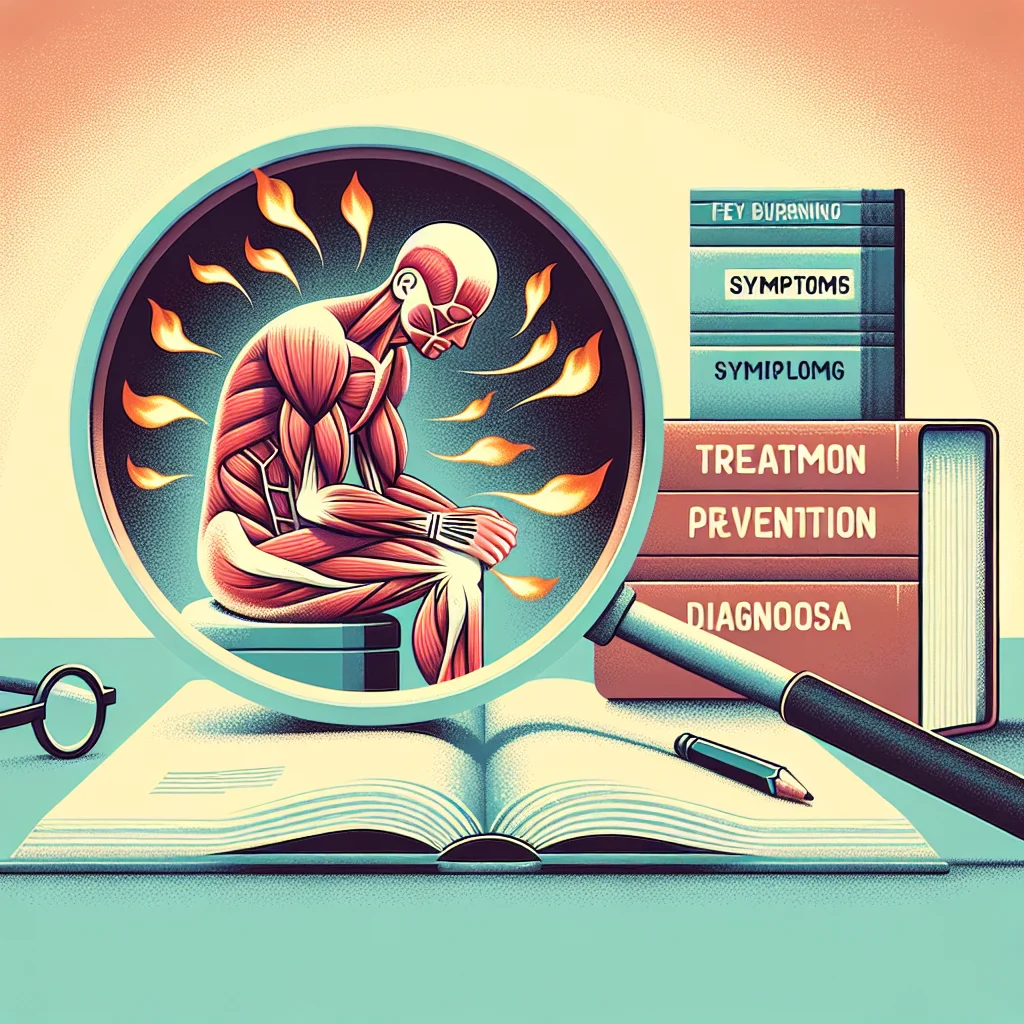
Possible Causes and Medical Insights
Feeling pressure in your feet can be unsettling and may arise from a range of medical conditions. Common causes include plantar fasciitis, which involves inflammation of the tissue on the bottom of your foot, and peripheral neuropathy, often related to diabetes or nerve damage. Sometimes, excess weight, standing for long periods, or wearing ill-fitting shoes can contribute to pressure sensations. Recognizing what causes your feet to feel pressure is essential for addressing the underlying issue and restoring comfort.
Other medical insights indicate that conditions like arthritis, bunions, or even circulatory problems can lead to a feeling of pressure in the feet. Flat feet or changes in foot structure as you age may also contribute to discomfort. Consulting a healthcare professional can help determine if these or other health issues are involved, ensuring you receive accurate advice tailored to your situation.
Symptoms and Risk Factors
In addition to pressure, you may notice symptoms such as pain, tingling, numbness, or swelling in your feet. These accompanying symptoms can help pinpoint the underlying cause and guide appropriate treatment. For instance, sharp pain may indicate nerve involvement, while swelling could be a sign of circulatory problems or inflammation.
Risk factors for experiencing foot pressure include obesity, diabetes, high-impact sports, or occupations that require extended standing or walking. Age-related changes, improper footwear, and certain foot deformities can also increase your risk. Being aware of these risk factors can help you take proactive steps to protect your foot health and seek early intervention if symptoms arise.
Diagnosis and When to See a Doctor
If you regularly experience foot pressure, it's important to seek a proper diagnosis. Your healthcare provider may perform a physical examination, review your medical history, and order imaging tests or blood work to identify the cause. Early diagnosis can prevent complications and help you manage symptoms more effectively.
You should see a doctor if the pressure in your feet is persistent, worsening, or accompanied by symptoms like severe pain, redness, swelling, or changes in skin color. Prompt medical attention is especially crucial if you have underlying conditions such as diabetes, which can increase the risk of serious foot problems. Don't hesitate to reach out for professional advice to ensure your foot health is safeguarded.
Prevention and Home Remedies
Preventing the sensation of pressure in your feet often involves simple lifestyle adjustments. Wearing supportive, well-fitting shoes and avoiding prolonged periods of standing can significantly reduce your risk. Maintaining a healthy weight, stretching regularly, and practicing good foot hygiene are additional steps you can take to promote overall foot health and comfort.
At home, you can try remedies such as foot soaks, gentle massage, or elevating your feet to relieve discomfort. Over-the-counter pain relievers and orthotic insoles may offer temporary relief. However, if these measures do not alleviate symptoms, or if the pressure returns frequently, consult a healthcare provider for further evaluation and tailored treatment options.














